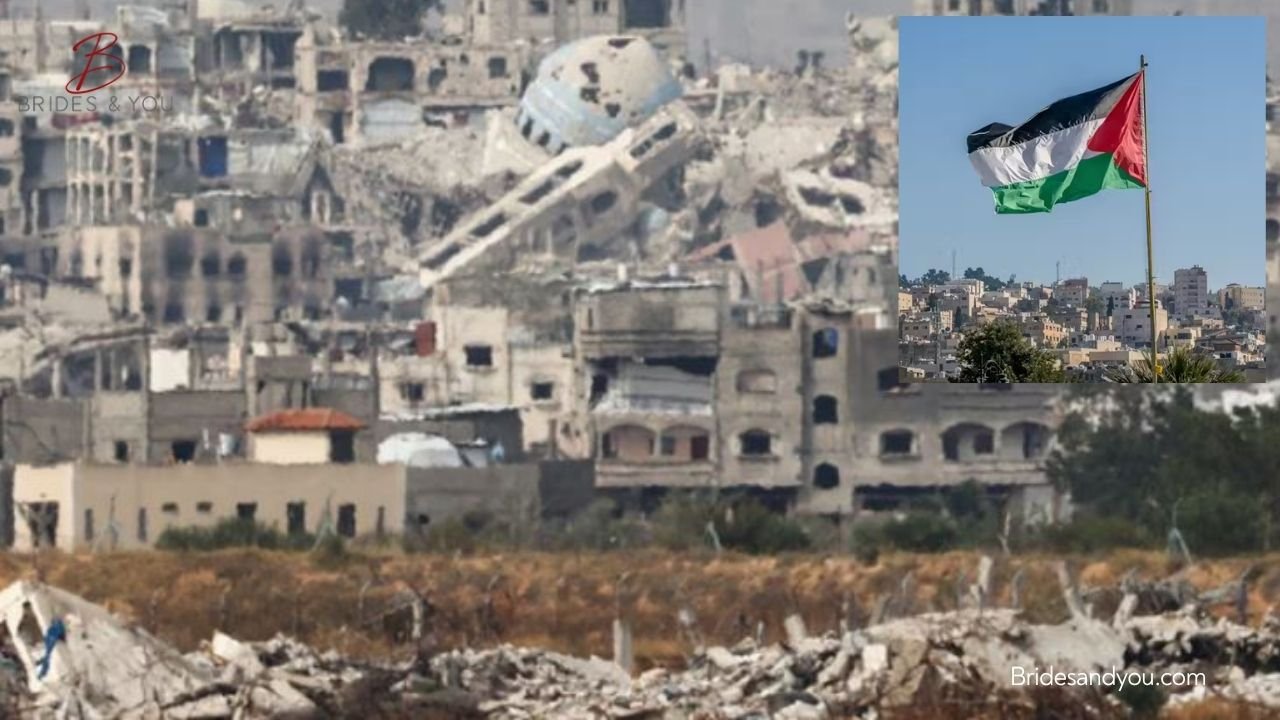Now Reading: Hamas-Israel Ceasefire Talks in Qatar End Inconclusively: What’s Next?
-
01
Hamas-Israel Ceasefire Talks in Qatar End Inconclusively: What’s Next?
Hamas-Israel Ceasefire Talks in Qatar End Inconclusively: What’s Next?

In a significant but unresolved diplomatic move, the first indirect Hamas-Israel ceasefire talks held in Doha, Qatar, ended without any conclusive agreement. According to Palestinian sources closely following the proceedings, the talks did not make meaningful progress, largely due to the limited authority of the Israeli delegation.
The Background of the Talks
This initial session in Qatar came after months of escalating conflict and global calls for de-escalation. The international community, including the United States, has been urging both parties to negotiate a ceasefire that could lead to long-term peace and relief for the affected civilian populations on both sides. These Hamas-Israel ceasefire talks were seen as a potential turning point.
Why the Talks Failed to Yield Results
Two Palestinian officials revealed that the Israeli representatives lacked the mandate to finalize any form of agreement. The delegation, according to these sources, attended the discussions without the authority to make binding decisions or offer significant concessions. This limited role became a major obstacle in progressing the dialogue.
Israeli Prime Minister Benjamin Netanyahu, prior to his trip to Washington, insisted that the Israeli team was given “clear instructions” to negotiate a ceasefire deal under terms already accepted by Israel. However, the Palestinian side maintains that these instructions didn’t empower the negotiators to truly move the talks forward.
Reactions and Political Implications
The inconclusive end to the Hamas-Israel ceasefire talks has left both regional and international observers concerned. The ongoing conflict has exacted a heavy toll on civilians, infrastructure, and regional stability. The lack of an agreement prolongs the suffering and increases the risk of further escalation.
There is also speculation about internal political dynamics within both camps affecting the negotiation process. Israel’s domestic political pressures, as well as Hamas’ complex relationship with other Palestinian factions, play a significant role in shaping the outcomes of such indirect talks.
What Lies Ahead?
The failure of the first round does not mean the end of the road. Diplomatic efforts are expected to continue, possibly with increased pressure from global stakeholders. It is likely that both parties will revisit the negotiation table, possibly under altered circumstances or with new proposals.
Qatar, known for its role as a mediator in past Middle Eastern conflicts, may continue to host future sessions. International bodies, especially the United Nations and the U.S., are also expected to intensify their involvement to help bridge the gap between the two sides.
Conclusion
Although the first Hamas-Israel ceasefire talks ended inconclusively, they mark the beginning of a new diplomatic effort. With continued international pressure and the undeniable urgency for peace, there is still hope for progress. What’s essential now is the political will from both sides to empower their delegations and take the hard steps toward a peaceful resolution.




















